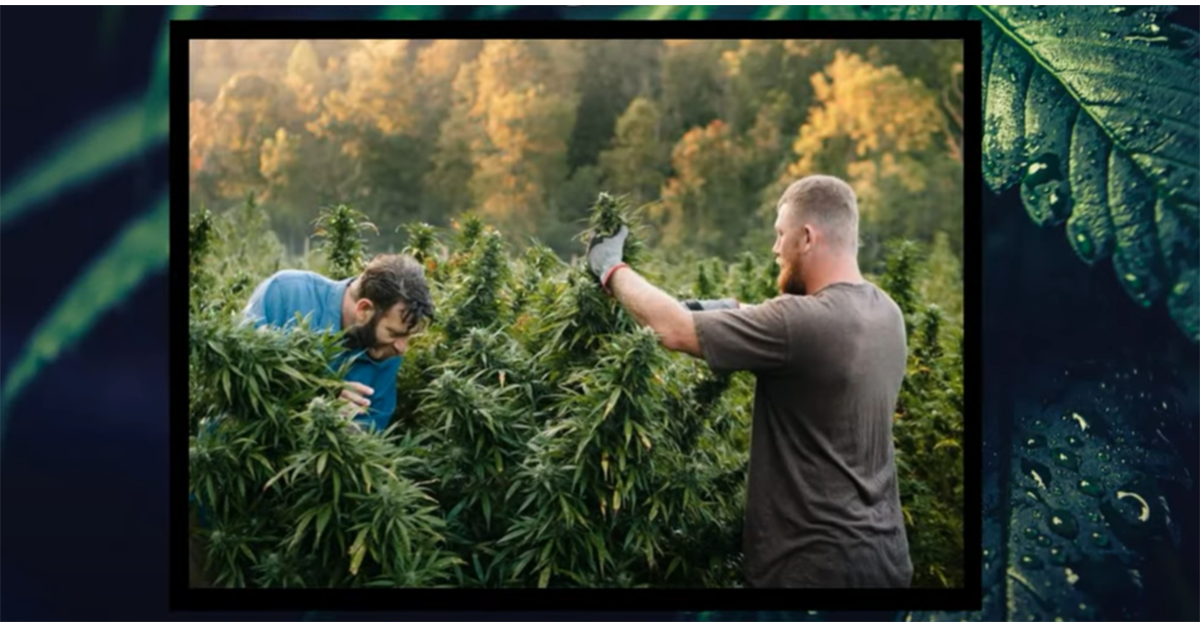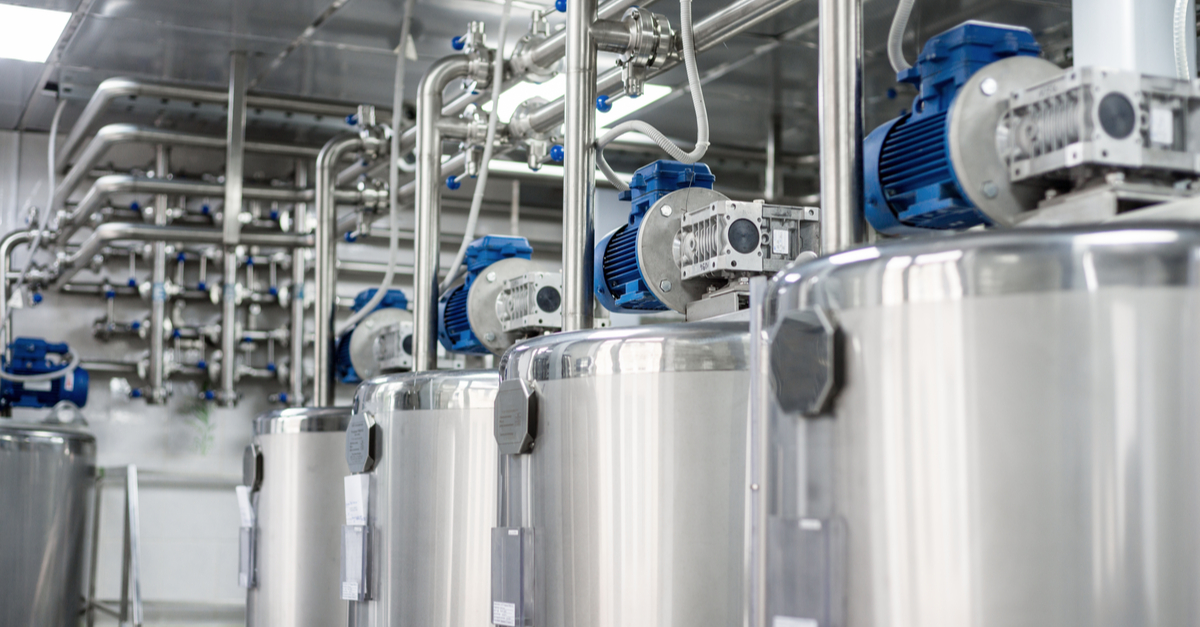How To Clean MgF2 windows for chrome plating?
Q: How do you clean MgF2 windows for chrome plating? We would also like to use in our cleanroom on different kinds of glass types and ceramics.
A: To prepare magnesium fluoride (MgF2) for adhesion of chrome or other plating, a very clean surface is needed. Depending on what kinds of residues are expected, Alconox® Powdered Precision Cleaner and Liquinox® Critical Cleaning Liquid Detergent are great options. The choice of which detergent would be….
Non-foaming vs. Low-foaming Detergent
Q. We just purchased Alcojet which is a low-foaming detergent. The one we used before was non-foaming detergent. What’s the difference between “low” and “non?” Will Alcojet cause a foaming problem?
A. Alcojet® is designed for use in automated cleaning applications that require no foam problems. Alcojet® has an anti-foam agent that becomes effective at circa 110 deg F (45 deg C). As long as you clean at …
How To Clean Shears and Trimmers That Have Cannabis Residue
Q: We are looking to clean stainless steel shears and trimmers that have cannabis residue. We have heard great things about your detergents. Will they work here?
A: Yes, absolutely. Ensuring that between batches, equipment is robustly cleaned to avoid cross contamination is essential to ensure your product stays pure. The way it should be
Disposal of Alconox, LLC Detergents
What is the proper way to dispose of your detergents? Detergent disposal in a proper manner is an integral part of a robust cleaning program regardless of scale or industry. Alconox, LLC detergents are biodegradable….
How to: Remove Tannin from Stainless Steel Equipment
Learn the best way to remove tannin from stainless steel equipment and which Alconox, LLC brands effectively remove tannin stains.




